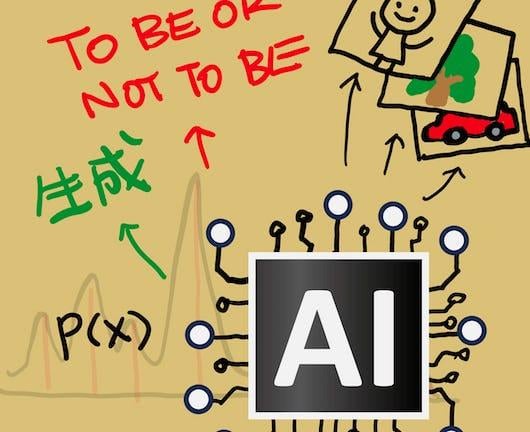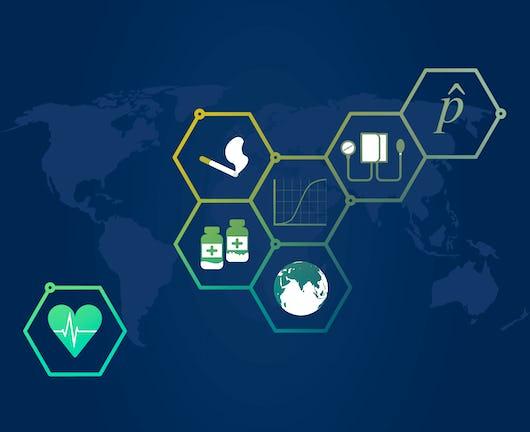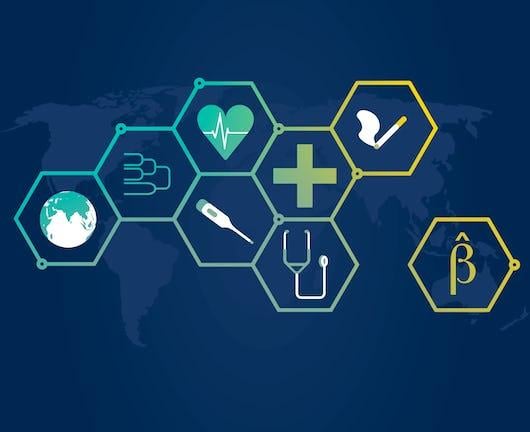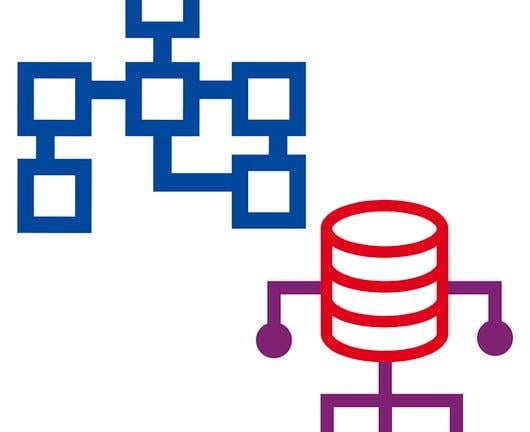Coursera

Coursera was founded in 2012 by two Stanford Computer Science professors who wanted to share their knowledge and skills with the world. Professors Daphne Koller and Andrew Ng put their courses online for anyone to take – and taught more learners in a few months than they could have in an entire lifetime in the classroom.
Since then, we’ve built a platform where anyone, anywhere can learn and earn credentials from the world’s top universities and education providers.
Every course on Coursera is taught by top instructors from the world’s best universities and educational institutions. Courses include recorded video lectures, auto-graded and peer-reviewed assignments, and community discussion forums. When you complete a course, you’ll receive a sharable electronic Course Certificate.
If you want to master a specific career skill, consider joining a Specialization. You’ll complete a series of rigorous courses, tackle hands-on projects based on real business challenges, and earn a Specialization Certificate to share with your professional network and potential employers.










